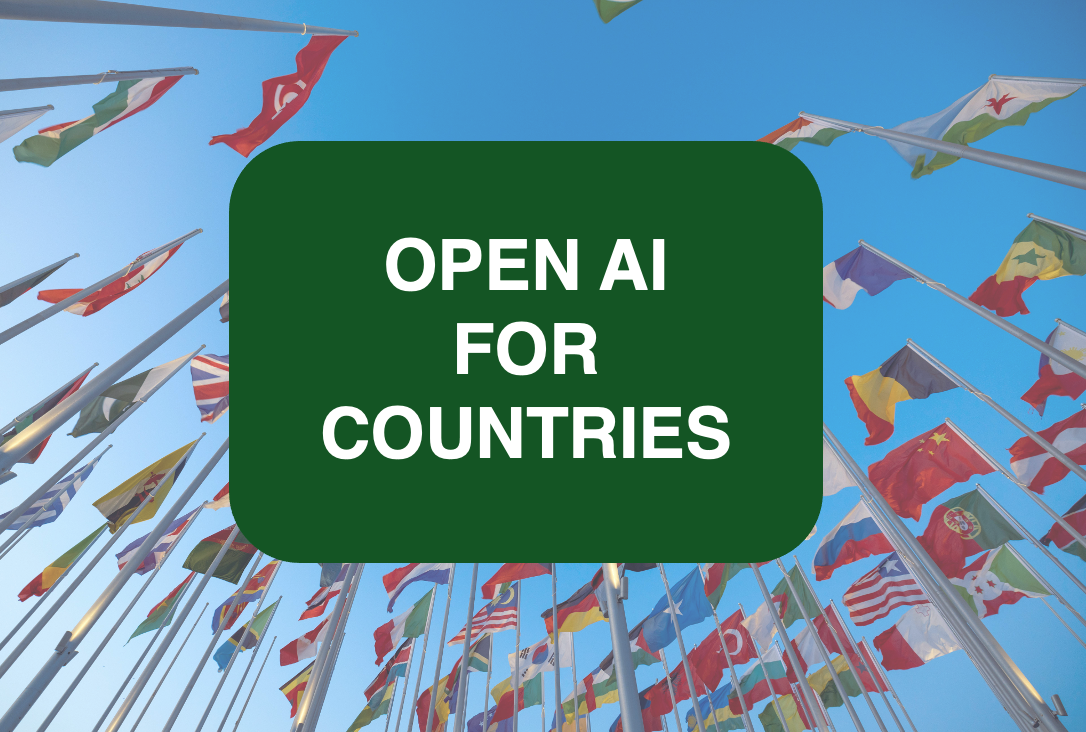OpenAI has unveiled a new global program, “OpenAI for Countries”, aimed at helping governments build their own sovereign AI infrastructure. Launched as part of the U.S. Stargate Project, the initiative signals a major shift: instead of simply deploying AI tools from Silicon Valley, nations are being invited to co-develop localized, democratic AI systems that balance global capabilities with national control.
From Global Tools to Sovereign Infrastructure
AI has typically been delivered as a centralized service — powerful, but housed in data centers far from the jurisdictions it serves. For governments, this raises questions about sovereignty, security, and control. With “OpenAI for Countries,” the model changes. OpenAI is offering to work directly with 10 pilot nations to build:
-
National data centers that keep sensitive information within borders.
-
Localized ChatGPT models that adapt to local languages, cultures, and public service needs.
-
AI startup funds to seed local innovation ecosystems.
-
Governance frameworks focused on democratic use and safe deployment of advanced AI.
This approach reframes AI not just as a tool to import, but as an infrastructure to co-own.
What Sovereign AI Means for Governments
The stakes are high. For countries considering participation, this program offers a way to:
-
Accelerate digital capacity in areas like healthcare, education, and citizen services.
-
Retain control over data sovereignty, rather than outsourcing to foreign providers.
-
Shape democratic safeguards to ensure AI is deployed responsibly.
At the same time, governments must weigh the risks of dependency. While sovereignty is the promise, much of the technical expertise and initial infrastructure still comes from OpenAI and U.S. partners. Nations that join must be clear-eyed about balancing opportunity with independence.
Implications for the Public Sector
For emerging economies and digitally ambitious governments — including those in ASEAN — this program raises practical questions:
-
Readiness: Do existing digital infrastructures support rapid integration of sovereign AI?
-
Capacity-building: Can local talent and institutions absorb the transfer of knowledge effectively?
-
Policy alignment: Are governance and data privacy frameworks mature enough to support this shift?
These are not just technical issues but strategic decisions about the future of governance.
Toward a Democratic AI Ecosystem
“OpenAI for Countries” reflects a broader recognition: AI is no longer just a business service — it’s a matter of national strategy. For democracies, the challenge is to harness its potential without sacrificing sovereignty or trust. Programs like this may mark the beginning of a global competition between different models of AI governance: one rooted in democratic cooperation, the other in centralized control.
RDG Viewpoint: For public institutions, the lesson is clear: AI strategy cannot be outsourced blindly. Whether joining such programs or building independently, governments must treat AI infrastructure as a pillar of sovereignty, not just a convenience. RDG will continue tracking these global shifts and helping institutions frame their own AI readiness strategies.

